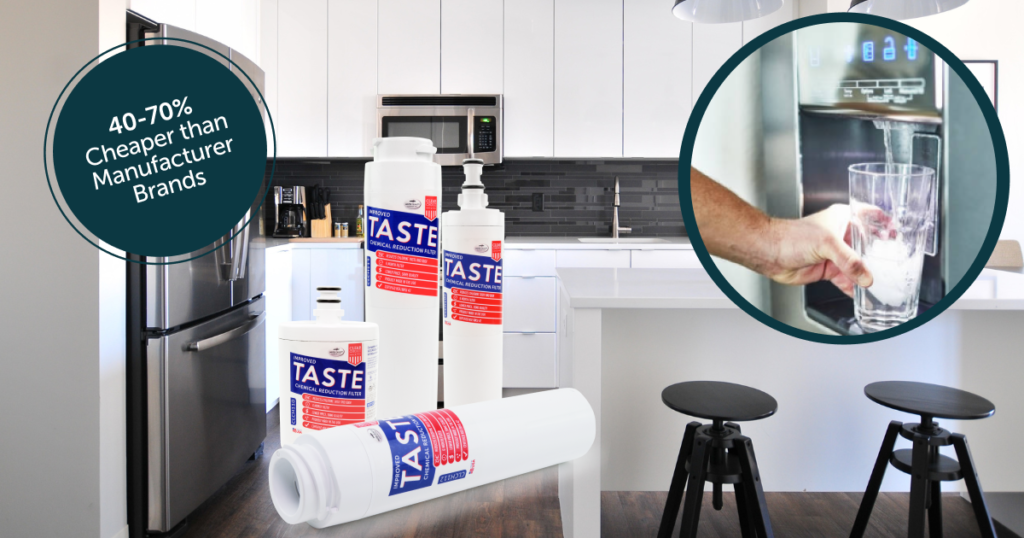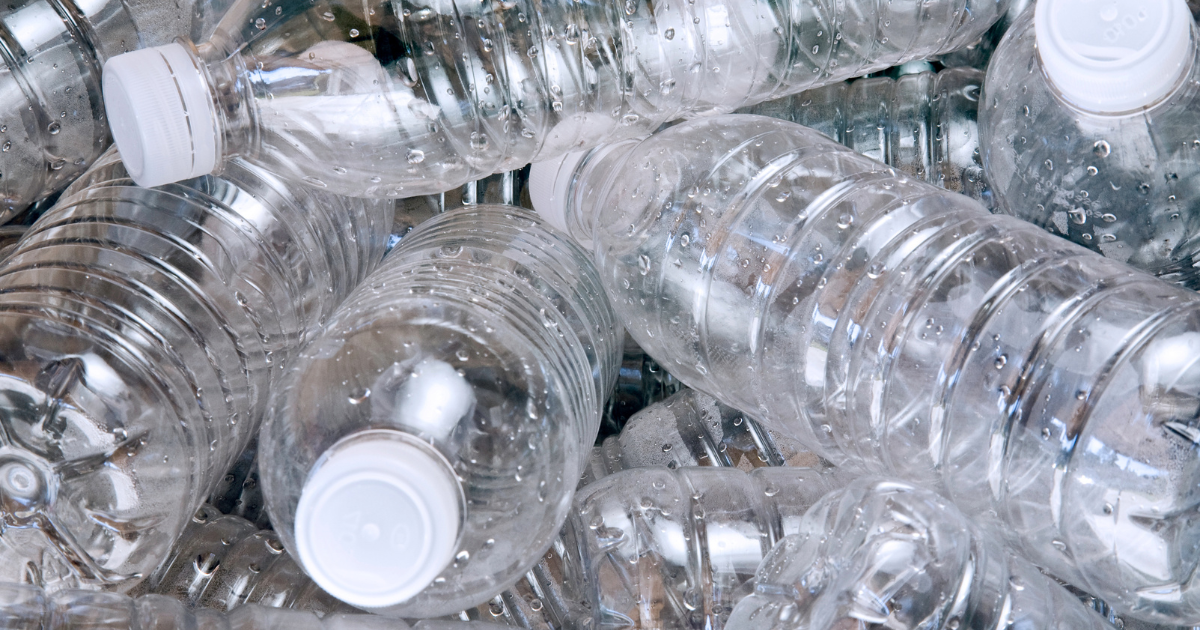World Environment Day is a global day of action and advocacy that began in 1973. Now a worldwide movement, World Environment Day is celebrated annually on June 5th in over 143 countries. From large-scale celebrations and local beach clean-ups to educational efforts, World Environment Day has been making a climate change difference for over fifty years. This year, to honor World Environment Day, our team at Discount Filters want to focus on decreasing or even eliminating single-use plastic pollution. Reducing single-use plastic usage in our daily lives is an impactful way we can reduce the overall plastic burden on our planet.
Dirty Facts About Single-Use Plastics
Single-use water bottles are so ubiquitous in daily life that they can seem like a necessity of modern life. The statistics regarding single-use plastics, though, require us all to reevaluate our single-use plastic consumption:
“Single-use plastics are a glaring example of the problems with throwaway culture. Instead of investing in quality goods that will last, we often prioritize convenience over durability and consideration of long-term impacts. Our reliance on these plastics means we are accumulating waste at a staggering rate. We produce 300 million tons of plastic each year worldwide, half of which is for single-use items. That’s nearly equivalent to the weight of the entire human population.” –Natural Resources Defense Council
Humans use about 1.2 million plastic bottles per minute in total. Approximately 91% of plastic is not recycled.[3] Roughly half of our global annual plastic production is destined for a single-use product.[4] – Earth Day Single-Use Plastics Fact Sheet
Bottles used to package water take over 1,000 years to biodegrade and if incinerated, they produce toxic fumes. It is estimated that over 80% of all single-use water bottles in the U.S. simply become “litter.” – The Water Project
Plastic Is Forever
There are easily biodegradable materials, and then there are those that are not, with plastic being one of them. This means that while plastic can somewhat decompose, it does so at a slow pace. According to the United Nations, plastic can take anywhere from 20 to 500 years to decompose. Until then, it accumulates in landfills, adding one piece after another. What’s even worse is that plastic never truly disappears, it only breaks down into smaller particles that stay on the planet for forever. Eventually, polluting our soil, water sources, and the ecosystem as a whole.
It’s Time to End Plastic Pollution
There are what feels like endless statistics that support the urgent need to reduce or eliminate single-use plastics in our daily lives—but how can we do it, practically? Making measurable changes to our habits within a culture and marketplace that relies heavily on plastics can seem daunting. Yet, as Desmond Tutu wisely said, “there is only one way to eat an elephant: a bite at a time,” and swapping single-use water bottles for reusable ones is one small bite out of the plastic pollution crisis, so to speak.
If the average rate of single-use water bottles is 13 bottles per month for every person in the US, as cited in the Earth Day Single-Use Plastics Fact Sheet, that’s 156 bottles per year that each of us, in our regular lives, could eliminate. It’s doable!

Get Cleaner, Clearer Water with Discount Filters
If you’re concerned about the quality of water coming from your faucet or fridge, do the legwork to make sure you have a fresh, high-quality water filter plan. If your refrigerator has a water dispenser, you can easily find a fresh replacement filter for it at Discount Filters. Our premium refrigerator water filters use activated carbon filtration to reliably absorb the unwanted impurities in your water and leave the water cleaner and clearer— perfect for filling a reusable water bottle with!
With the single investment of a reusable water bottle, if you don’t already have one, plus a fresh, refrigerator filter, you’re well on your way to saving over 150 single-use plastic water bottles from the local landfill. Together, we can do this! It’s a simple but effective way to make a positive impact on the environment in our real lives.
Other Frequently Asked Questions
Is it cheaper to buy bottled water or a fridge filter?
High-quality, filtered tap water will always cost less than bottled water over time. Switching from bottled water to a water filtration system could save you hundreds of dollars a year.
Which is healthier: bottled water or filtered water?
According to a recent study by the NIH, on average, a liter of bottled water included about 240,000 tiny pieces of plastic including nanoplastics. Nanoplastics are small enough to enter the body’s cells and cause damage.
What are three environmental problems associated with single-use plastics?
They are rarely recycled where most end up in landfills or the natural environment, they are not biodegradable and can last for hundreds of years, and they damage the ecosystems by harming wildlife, the oceans, and entering the food chains.
What is the greenest plastic?
Bioplastics are considered one of the greenest plastics. Bioplastics are a family of polymers created with renewable resources and are capable of breaking down naturally.

